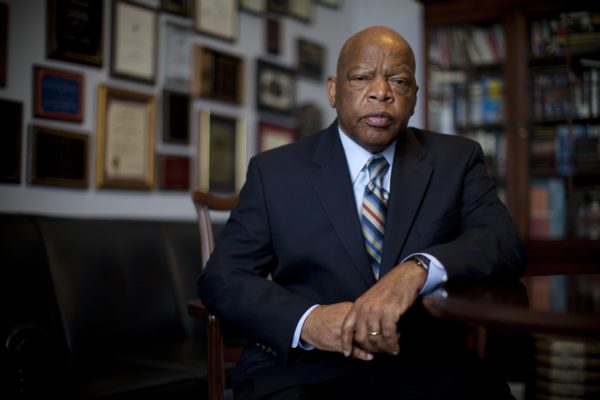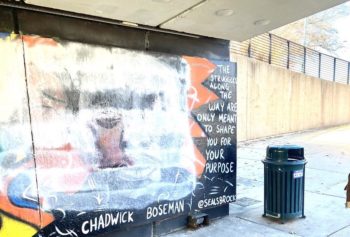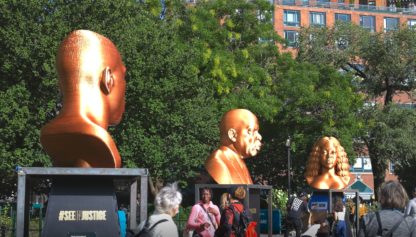On Tuesday, Aug. 24, the House of Representatives passed the John Lewis Voting Rights Advancement Act, legislation that would strengthen a key provision of voting rights law that was undone by a 2013 Supreme Court decision.
The legislation, named after late Georgia civil rights figure and longtime Atlanta-area Rep. John Lewis after his death in July 2020, cleared the House on Tuesday along a strictly party-line vote of 219 to 212, getting not one vote from the Republicans.

The new bill would restore Section 5 of the 1965 Voting Rights Act, a provision that was struck down by the Supreme Court in the 2013 Shelby v. Holder case. That decision overturned the Section 5 rules requiring certain jurisdictions with a history of racial discrimination in voting to gain approval, known as preclearance, from the Justice Department before making changes to their election laws. The ruling, as feared by advocates who wanted Section 5 preserved, freed many states to pass election laws that proved to have a discriminatory effect on racial minorities.
White House Press Secretary Jen Psaki said Tuesday that “voting rights and ensuring access to voting continues to be a central priority for the president,” adding that President Joe Biden stands with activists. “He’s maybe not the right target of their frustration because his objective is also to get voting rights legislation passed, and he would like to sign that legislation into law,” Psaki told reporters.
The House passed an older version of the voting rights act in December 2019, but it was killed off in committee in the Senate in the summer of 2020. Now, H.R. 4, as the bill is often referred to, starts a journey to the current Senate, where its prospects for passage are basically nonexistent unless the filibuster rule is scrapped.
During Tuesday’s floor debate before the House vote on the bill, Republican Rep. Rodney Davis of Illinois labeled the legislation a “partisan power grab which circumvents the people to ensure one-party rule.”
In turn, Speaker Nancy Pelosi told the assembled representatives that Congress needed to counteract Republican election machinations she characterized as “dangerous” and “anti-democratic.” “Democracy is under attack from what is the worst voter suppression campaign in America since Jim Crow,” Pelosi added.
“Old battles have become new again,” Alabama Democratic Rep. Terri Sewell of Alabama said on Aug. 17 as she introduced the legislation. “I want you to know that the modern day barriers to voting are no less pernicious than those literacy tests and those poll taxes. And what we must do, as we did back in the ’60s, is when we see states running amok, we need federal oversight.”
Lewis died at the age of 80 on July 17, 2020, following a long battle with stage 4 pancreatic cancer. He served 33 years in the U.S. House and is remembered by many as the “Conscience of Congress.”


